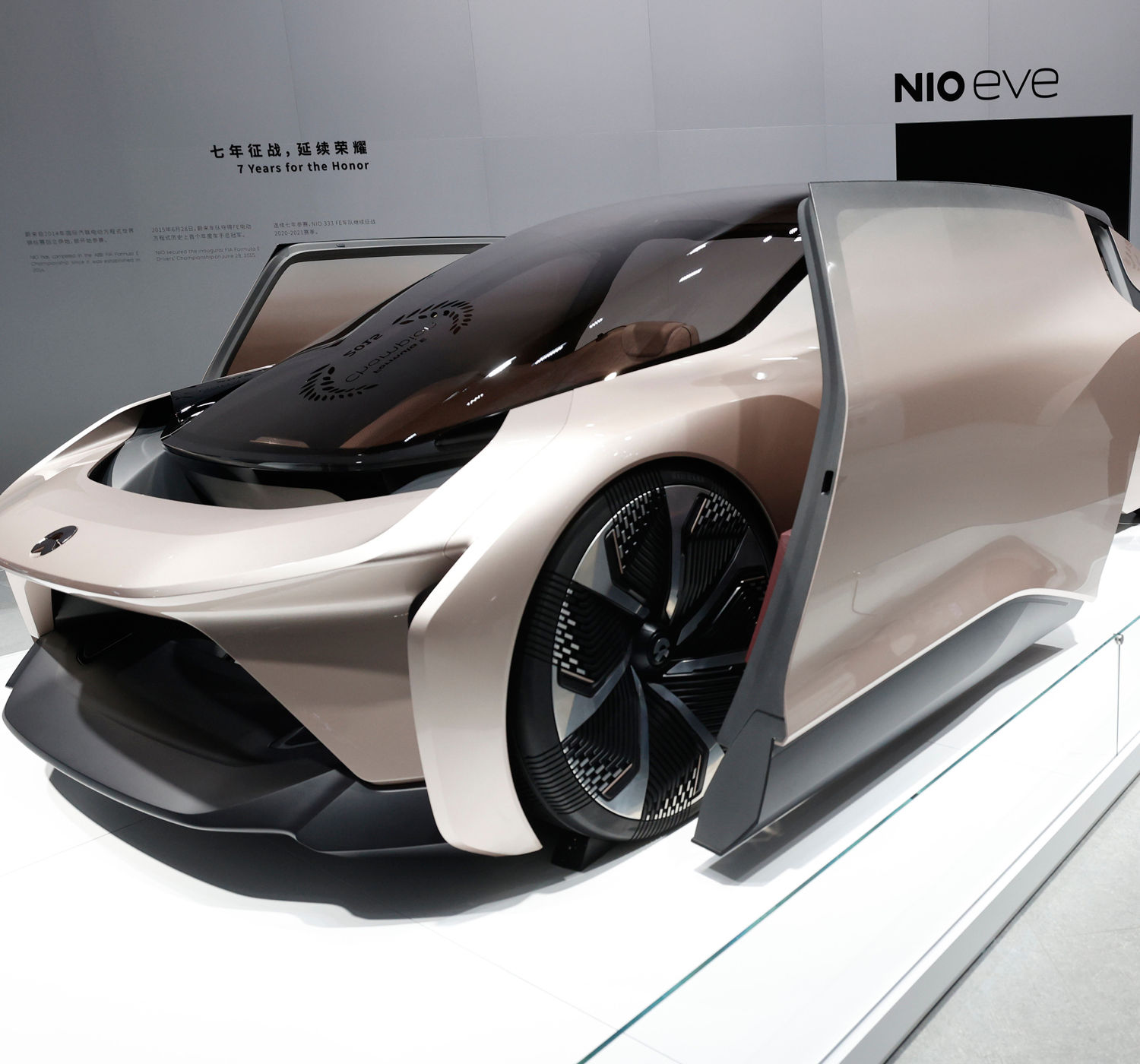Deliveries of electric vehicles (EVs) in China nearly tripled in the third quarter over the April-June period, according to a report released on Tuesday by rating agency Fitch.
The accelerated sales helped to mitigate sharp drops in production and sales of traditional internal-combustion-engine vehicles.
EVs increased their share of total passenger vehicle sales in China to 18.6% from 13.2% in the second quarter.
However, overall China car production fell 12% and sales dipped 11.9% year on year, as the global microchip supply chain was strained by the Covid-19 pandemic, especially among suppliers in Malaysia. The ongoing chip squeeze saw auto sales in China fall 12.4% in June, for example, from the corresponding month a year earlier.
Wholesale deliveries of internal-combustion cars plunged by 25%.
“The prolonged chip shortage disrupted production of most leading Sino-foreign joint ventures, including the original equipment manufacturers (OEMs) of the previously outperforming luxury and Japanese brands,” Fitch said in a note on Tuesday.
Supply Bottlenecks
However, the chip shortage is not having a uniform effect on all manufacturing. This year has seen increases in smartphone production, among other goods.
However, supply bottlenecks have weighed on automotive retail sales with dealers’ inventories falling to the lowest since early 2018.
China’s EV makers have seen a share rally this week, with Xpeng and Li Auto up nearly 10% and Nio up as much as 2%.
“EVs have become increasingly popular, especially as battery costs have fallen, charging times have declined, and charging infrastructure has spread,” said Mark Haefele, chief investment officer at UBS Global Wealth Management.
READ MORE:
Chinese EV Maker Xpeng’s Hong Kong Listing Set to Bring in $1.8bn
Transactions Spark as Corporate China Embraces EV Ventures
























